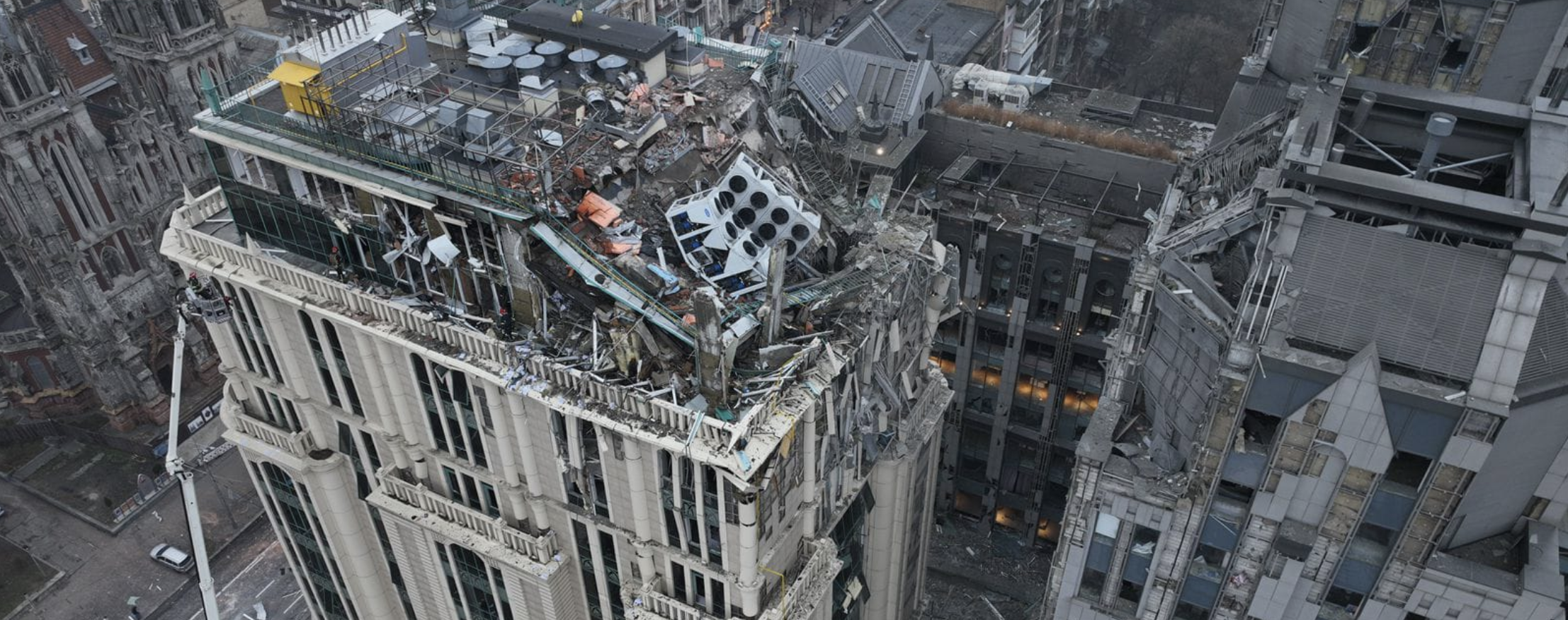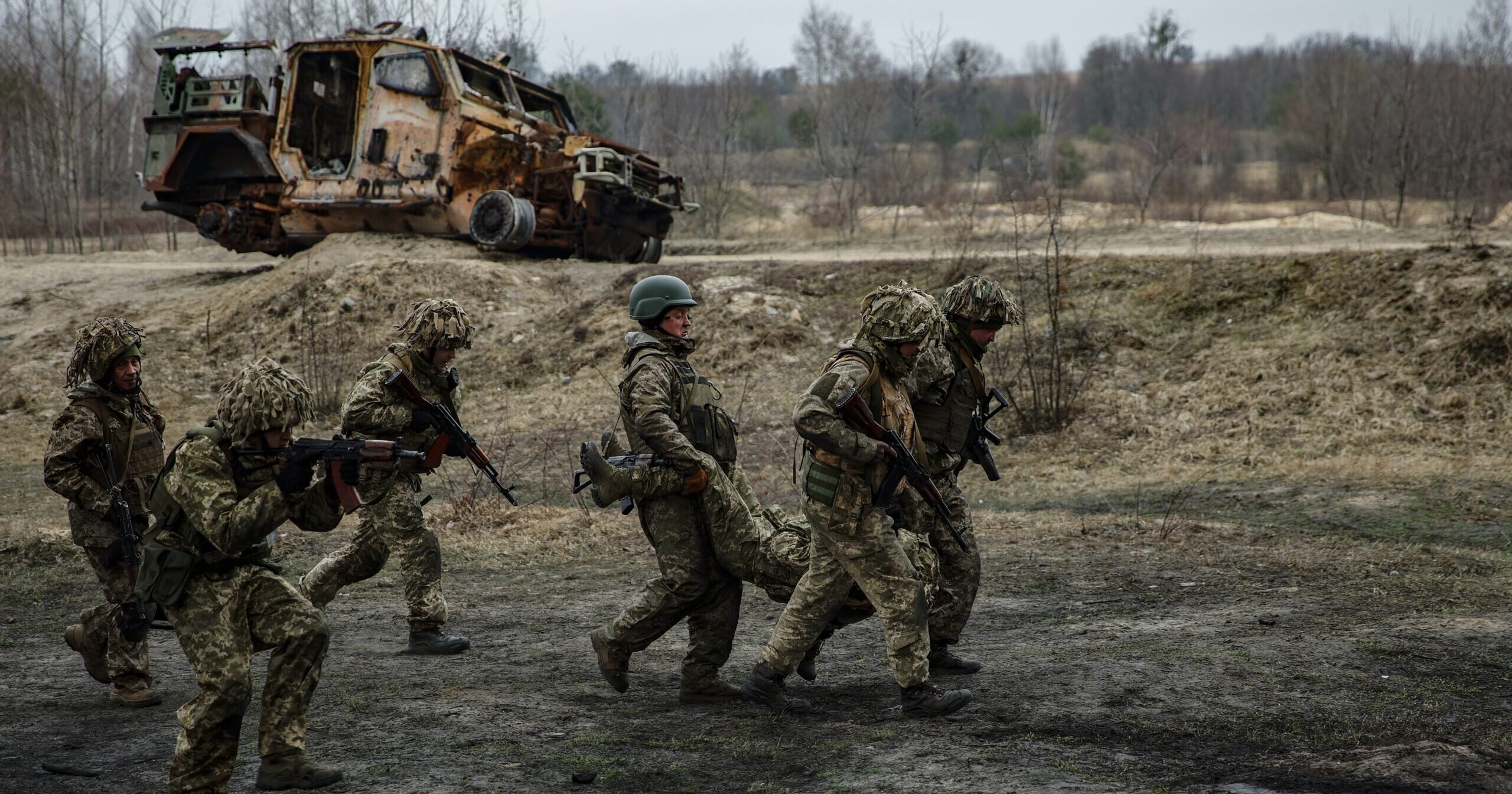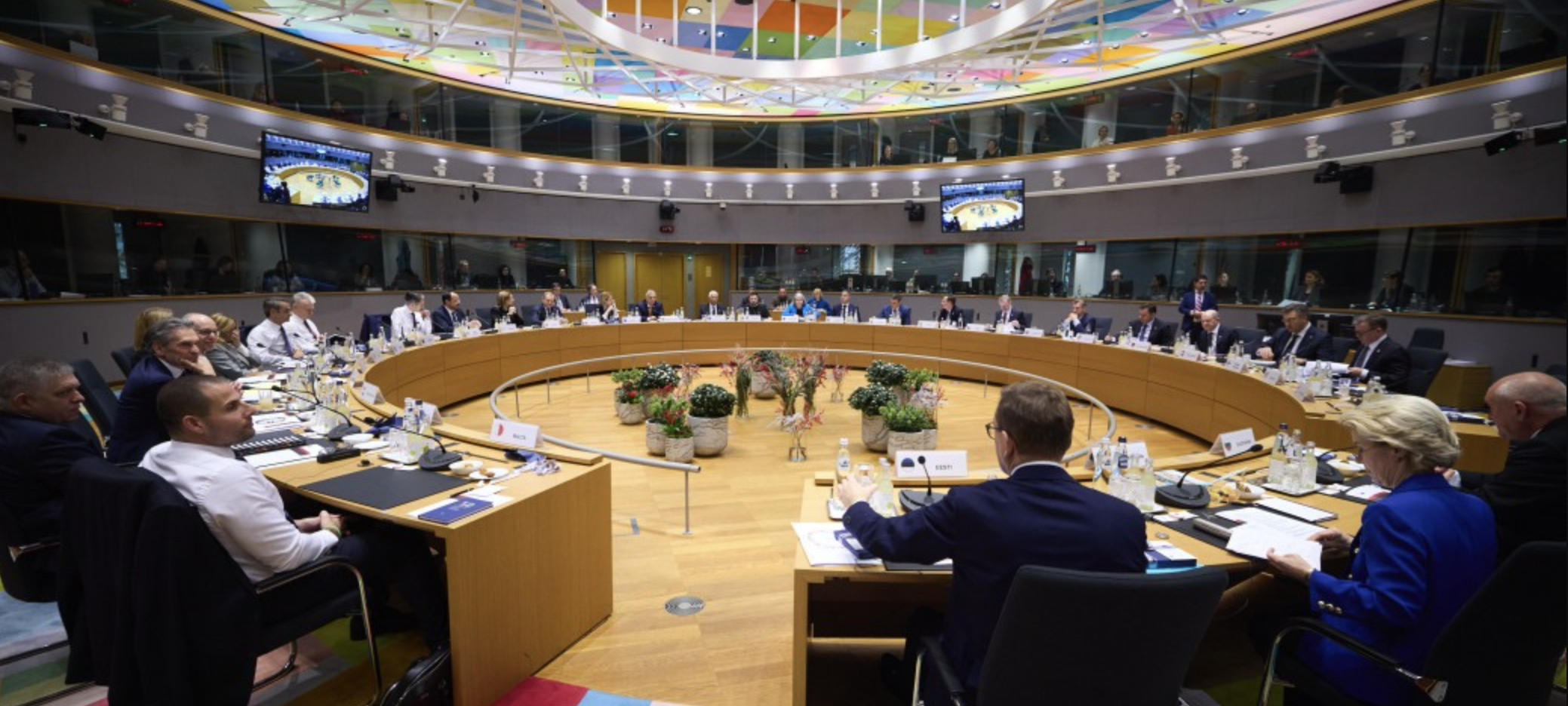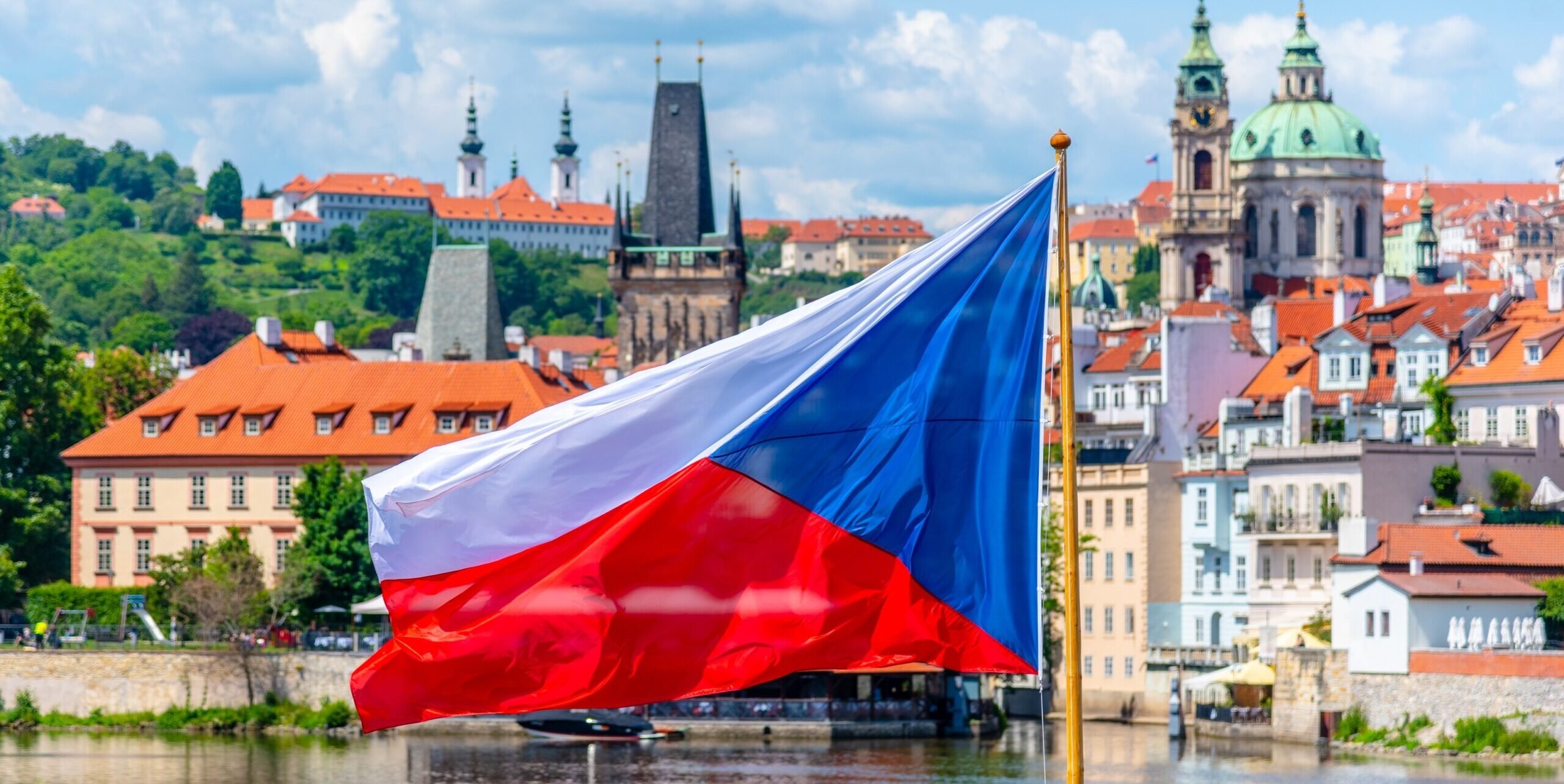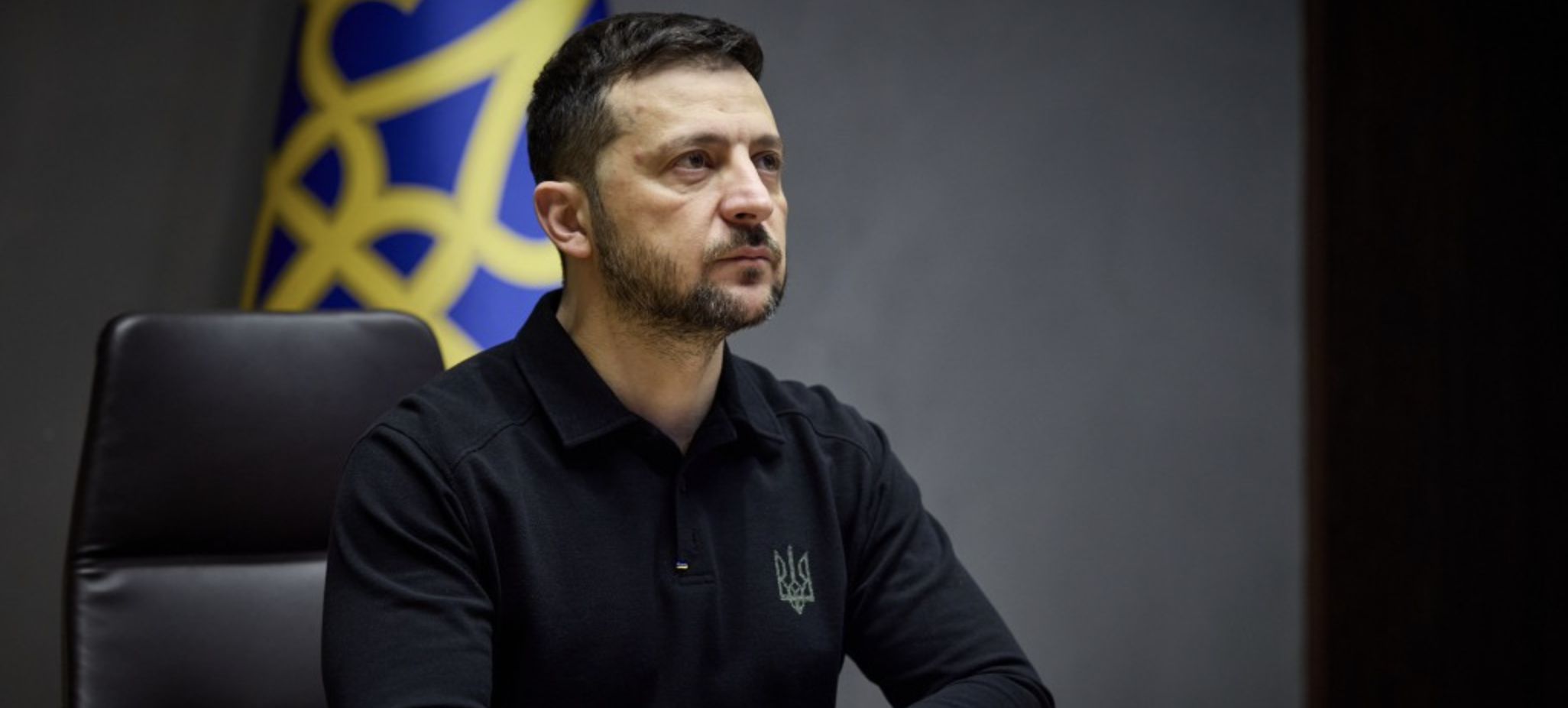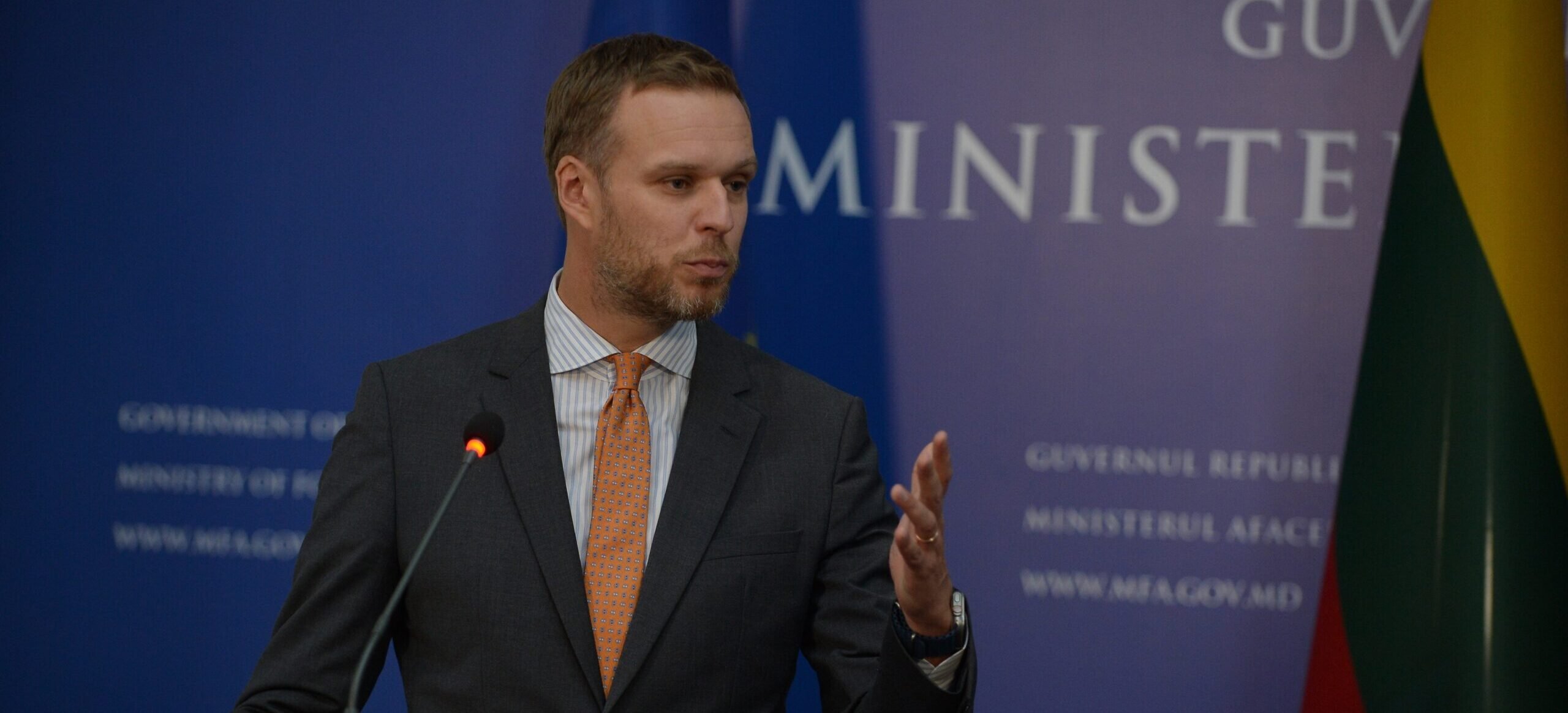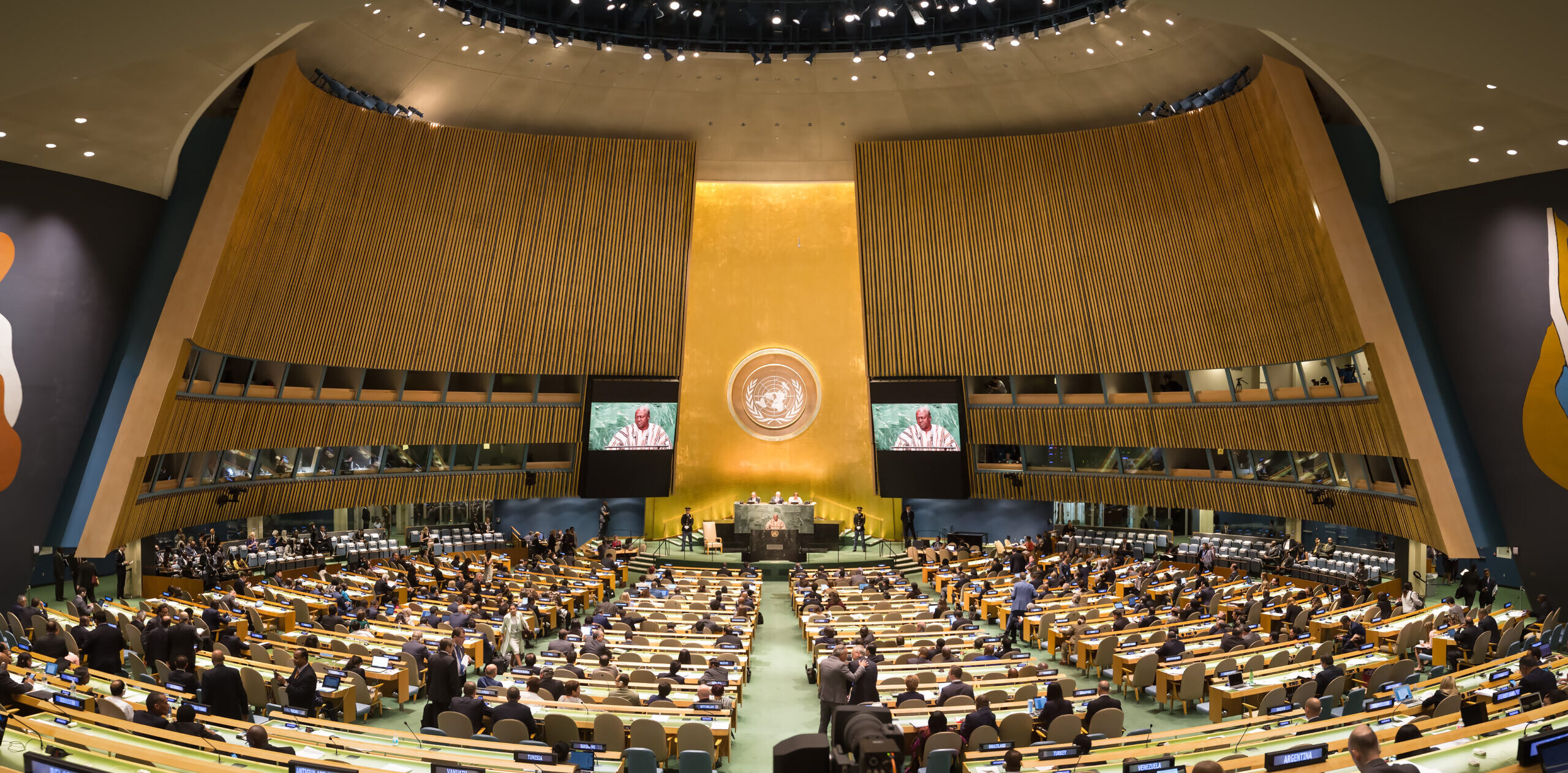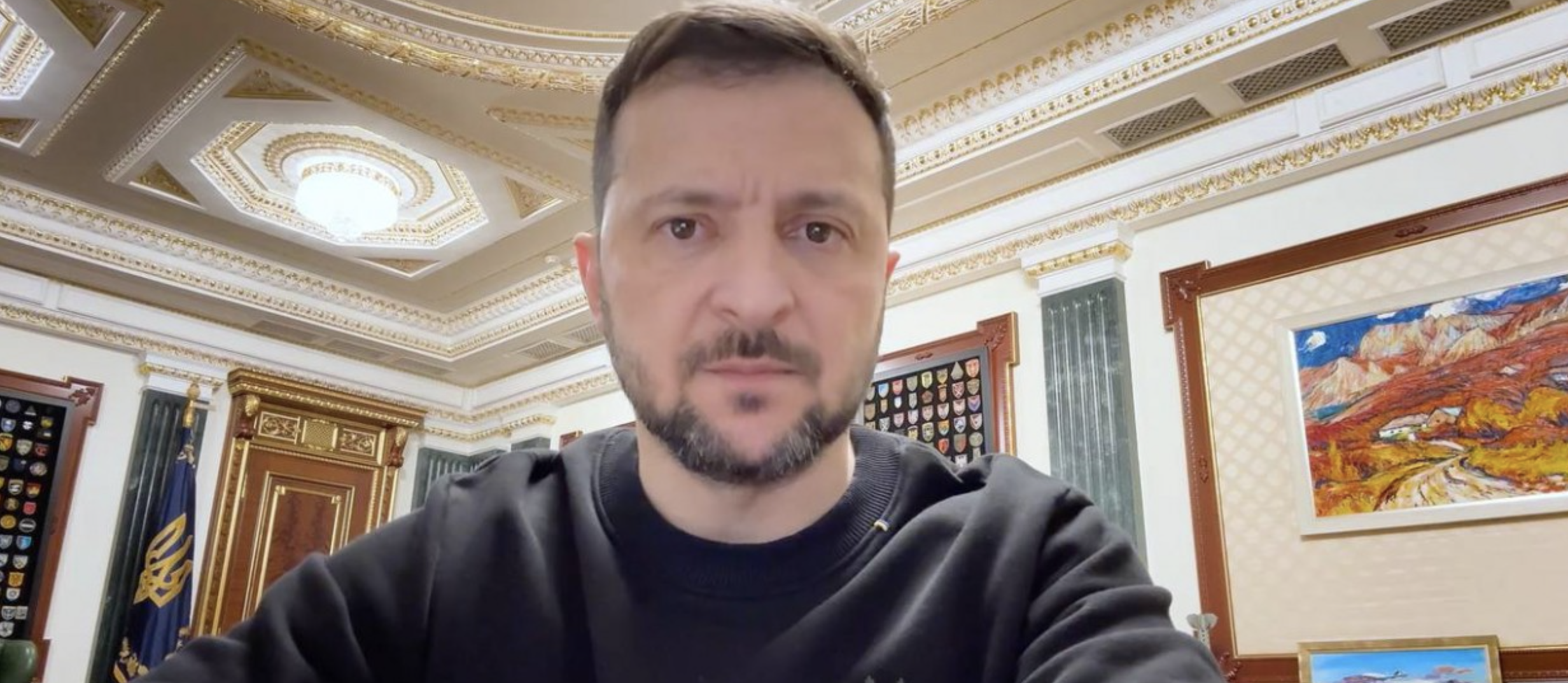
Statement by Eugene Czolij, President of the Ukrainian World Congress
20th International Conference on Health and Environment: Global Partners for Global Solutions
on the Occasion of the 25th Anniversary of the Chornobyl Disaster
April 26, 2011 at the United Nations Headquarters
Chornobyl: A Global Issue
In the early hours of April 26, 1986, one of four nuclear reactors at the Chornobyl power plant in Ukraine exploded. And thus, 25 years ago a disaster that occurred in a previously unheard of city became a global issue.
It became a global issue since large quantities of radioactive contamination quickly spread over Ukraine, Belarus, Western Russia and most of Europe.
Chornobyl became a global issue from day one, even though the Soviet authorities issued a short statement about the accident only two days later, after radiation levels set off alarms at a nuclear power plant in Sweden. Even then, the Kremlin in Moscow did not give any details concerning this disaster and attempted to conceal its magnitude, which created general apprehension and uncertainty in the world.
Chornobyl’s destructive power, which swiftly transcended European borders, made the international community realize that immediate access to honest, accurate and consistent information is a global right, and its timely dissemination – an obligation to which nations are now held responsible in the all-important arena of public opinion. During his visit of the Chornobyl site six days ago, U.N. Secretary General Ban Ki‑moon pushed for new international standards that would hold countries accountable for nuclear safety and stressed the need for “full transparency.”
Ironically, Chornobyl put Ukraine back on the global map and mass media started to refer to that part of the world by its rightful name – Ukraine. At that time I was 27 and, for the first time in my life, I recall hearing on nightly news and reading in mainstream newspapers an almost forgotten word – Ukrainians. Until then, generally, Ukrainians were wrongfully considered to be part of the Russian nation.
Chornobyl’s disaster ultimately resulted from the reckless dominance over Ukraine by the Soviet totalitarian regime centered in Moscow and its wanton disregard of safety measures in dealing with nuclear energy. Chornobyl exposed the menace of any totalitarian empire that inevitably exploits uncontrollably the human and natural resources of a subjugated nation. In the case of Chornobyl, such exploitation eventually endangered the entire planet. That is why today, fortunately for our generation, the inviolability of borders and the respect of human rights are by and large no longer considered as internal matters of any one country but as global issues.
Chornobyl was really the final act of Ukraine’s enormous suffering under the Soviet totalitarian regime. The fact that the explosion happened is unacceptable; the fact that the Kremlin tried to conceal an explosion that released 400 times more radioactive material than the atomic bomb in Hiroshima is totally mind-boggling. Five days after the explosion, thousands of innocent Ukrainians, including school children, took part in the May Day parade on the streets of Kyiv, oblivious to the dangers emanating from Chornobyl, only 140 kilometers away. Such blatant cruelty must have been remembered five years later when Ukrainians rejected the Soviet totalitarian regime by an over 90% margin during Ukraine’s 1991 national independence referendum. That is why Ukrainians worldwide are commemorating two historical events this year: Chornobyl’s 25th anniversary and the 20th anniversary of Ukraine’s independence.
Three years after regaining its independence, Ukraine signed the 1994 Memorandum on Security Assurances in connection with Ukraine’s accession to the Treaty on the Non-Proliferation of Nuclear Weapons committing to eliminate what was then the third largest strategic nuclear weapons arsenal in the world. Ukraine complied with its commitment and, on June 1, 1996, became a non-nuclear weapons state.
Now, it is up to the international community to ensure that this Memorandum is also respected by Russian authorities, including their commitment “to refrain from economic coercion designed to subordinate to their own interest the exercise by Ukraine of the rights inherent in its sovereignty and thus to secure advantages of any kind”.
Today, as we recall these events, the international community must also remember that Ukraine did not create the Chornobyl crisis – it inherited the grim and lasting legacy of this nuclear disaster on the day of its independence.
Dealing with Chornobyl’s aftermath surpasses the abilities of any one country and requires support and cooperation of the entire international community.
Notwithstanding the scale of this human tragedy, there is also hope that can be garnered from Chornobyl in the form of courage and generosity on a global scale.
When one thinks of courage, who can forget the hundreds of firefighters and emergency workers who risked and, in many cases, have since lost their lives trying to get the reactor under control. What they did was heroic and it had to be done. It had to be done for their children, their people and the global community.
On the topic of charity, thoughts turn to ordinary citizens from cities in Ukraine and abroad who housed children from the Chornobyl region while they recovered from the symptoms of radioactive contamination.
One remembers the nations of the world who offered help at the outset, despite Soviet denials of the seriousness of the situation.
One also thinks of the Chornobyl Pledging Conference held last week in Kyiv, where the participant nations and organizations pledged some 550 million Euros to complete the construction of a long-term shelter to cover the fourth nuclear reactor and a facility to store waste from the plant’s three other decommissioned reactors.
Looking at it from a more personal Ukrainian experience, Chornobyl prompted the Ukrainian diaspora – a global community of over 20 million living in numerous countries – to search for ways to help.
The Ukrainian diaspora immediately began organizing aid for the disaster victims, primarily by providing for their medical treatment through the supply of medicines and equipment. It also kept the international community informed of the events surrounding the explosion as they unfolded and later of Chornobyl’s after-effects.
In addition, efforts and resources were focused to create such charitable organizations as the well-known Children of Chornobyl Relief and Development Fund established in the U.S. and the Children of Chornobyl Canadian Fund.
Over its 20-year existence the Children of Chornobyl Relief and Development Fund has launched 32 airlifts and 18 sea shipments delivering over $63 million worth of medical aid to 31 partner hospitals and 3 orphanages in Ukraine. As for the Children of Chornobyl Canadian Fund, its total medical aid to Ukraine over the same period of time amounts to $20.5 million.
The human tragedy of Chornobyl can never be forgotten. It is part of our global consciousness. The suffering felt twenty-five years ago continues to affect countless lives today.
In the interests of global security, the Ukrainian World Congress is calling upon the international community to monitor the situation until the persisting dangers in Chornobyl are eliminated.
Today, on the 25th anniversary of the Chornobyl disaster, let us honor the memories of all the Chornobyl victims.
Let us also voice our solidarity with the people of Japan who are currently battling the effects of the Fukushima-1 Nuclear Power Plant disaster.


